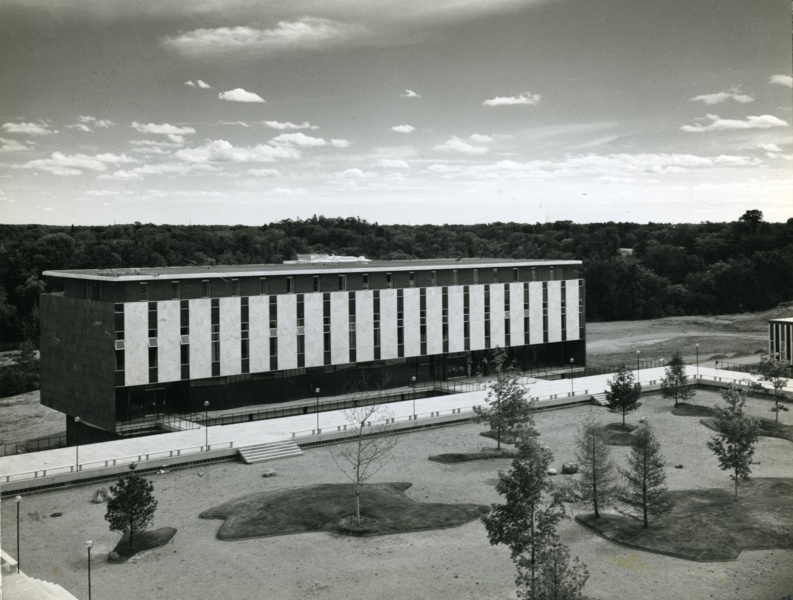PDF
The Apotheosis of protestantism: the concept of work in Carlyle. Item Info
- Title:
- The Apotheosis of protestantism: the concept of work in Carlyle.
- Creator:
- Hare, John Edward
- Date Created:
- 1995
- Degree Awarded:
- Master of Arts
- Subjects:
- Carlyle, Thomas, 1795-1881 Sartor Resartus Carlyle, Thomas, 1795-1881 Past And Present Work Calvinism Transcendentalism
- Geographical Focus:
- Europe
- Supporting Materials:
- n/a
- Description:
- Carlyle's concept of work, surprisingly, has been neglected as a primary subject of study. Given the premises that the concept of work is central to Carlyle’s moral thought and that "the moral is the essence of his thought, understanding work is considered to be the most economical means of understanding Carlyle. Work was traced to two sources: Protestant doctrine, fundamentally, and German Romantic idealism ("transcendentalism"). A look at work in Sartor Resartus and Past and Present revealed the experiential process by which Carlyle’s concept of work evolved and showed work'’s purpose to be the Prctestant- inspired and transcendentally motivated ideal that virtue be effectualized in this world. In conclusion, it was argued that the "effectualization imperative" (as Carlyle’s "religion") is the unifying element in Carlyle’s moral thought which reconciles the earlier Carlyle with the later and allows this “Calvinist without the theology" to be seen whole.
Source
- Preferred Citation:
- Hare, John Edward. The Apotheosis of protestantism: the concept of work in Carlyle.. 1995. Carleton University, Master of Arts.
- Reference Link:
- https://cuhistory.github.io/grads/items/hist_217.html
Rights
- Rights:
- Copyright the author, all rights reserved, unless otherwise indicated.

